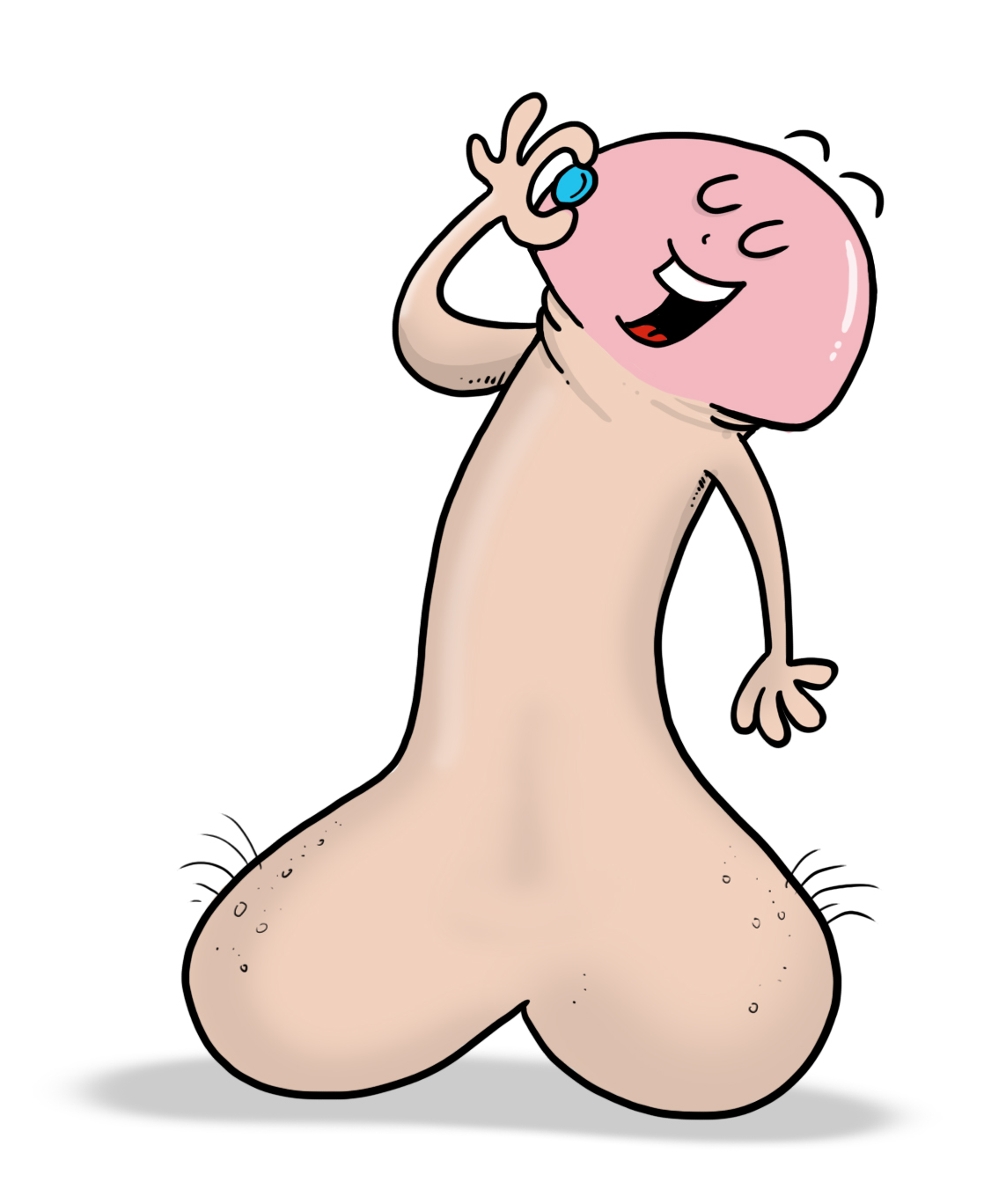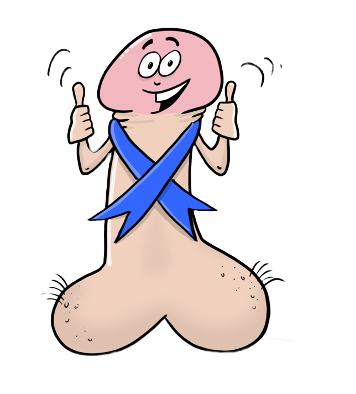In support of Movember, a month dedicated to raising awareness about men's health issues, including prostate cancer, I want to address a topic that is often surrounded by silence and stigma: sex after a prostatectomy.
If you have undergone a prostatectomy, I understand that talking about sex can be a particularly sensitive topic. It's not uncommon for men to feel hesitant or embarrassed to ask me about sex when faced with a prostatectomy. I can assure you that it is possible to have a fulfilling sex life after a prostatectomy.
Sex after prostate cancer might be different, but it can still be good!

Prostate Cancer and Erectile Dysfunction: Understanding the Connection
Prostate cancer is a health concern that affects countless men worldwide. For those diagnosed with prostate cancer, questions often arise about the potential consequences, particularly whether prostate cancer can lead to erectile dysfunction (ED) and impotence.
Firstly, it's important to understand how a prostatectomy can affect sexual function. The prostate gland is responsible for producing semen, so removing it can result in a decrease in ejaculate volume or dry orgasms. Additionally, the surgery can damage the nerves responsible for erections, leading to erectile dysfunction (ED). While these changes can be difficult to navigate, it's essential to remember that they are a normal part of the healing process and that there are solutions available.
Treatment Options for Post-Prostatectomy Sexual Function
Some of options that you can explore to improve your sexual function post-prostatectomy:

I’ve made it a point to add counselling as a treatment option because it’s not just physical changes that can impact sexual function after a prostatectomy. Many men may experience anxiety, depression, or other emotional issues that can affect their ability to engage in sexual activity. Counselling can provide men with a safe space to explore their feelings and concerns around intimacy and can offer helpful support during recovery.
Involving partners in the process can also help them better understand your journey so that you can navigate the challenges together.
In addition to these treatment options, there are also some lifestyle changes that men can make to improve their sexual function after a prostatectomy. These include:

Prioritise Penile Rehabilitation
If you’re ready to take the first step towards reclaiming your intimacy and sexual well-being after a prostatectomy, the Penile Rehabilitation Program may be all you need to regain your confidence and take control of your sexual function.
Starting penile rehabilitation soon after prostate cancer treatment offers several advantages, while delaying it for an extended period can make it more challenging to regain spontaneous erections.
Tailored to men facing a prostate cancer diagnosis, the program is a world-first in evidence-based support. With seven self-guided modules, it offers advice, informative content, and targeted exercises. You'll receive a step-by-step roadmap to swiftly regain your sexual health. The best part? It only requires 10-15 minutes a day to kickstart your journey, with immediate strategies for achieving erections.
Embrace Change
While cancer is a serious issue, it's important to remember that sexual health is also an essential aspect of your overall well-being and not to downplay its importance even when confronted with other health issues. Remember, you are not alone in your journey. There are various options and support available to help you regain a fulfilling sex life after a prostatectomy.
Embrace the changes, and with patience and determination, you can still experience the joy and intimacy that a satisfying sex life can bring.
So where to from here?
Unleash Your Full Potential with the Penile Rehabilitation Program!
In honor of Movember, let's shatter the silence around post-prostatectomy sexual health! The Penile Rehabilitation Program is your gateway to regaining confidence and control. Tailored specifically for men navigating the aftermath of prostate cancer treatment, this innovative program offers a wealth of evidence-based strategies and exercises, meticulously designed to rejuvenate your sexual health. With just 10-15 minutes a day, embark on a transformative journey towards rediscovering satisfying intimacy and embracing a vibrant sexual well-being.
Prostate Cancer Penile Rehabilitation Program
References
Burnett, A. L. (2012). Erectile dysfunction following radical prostatectomy. Journal of Sexual Medicine, 9(1), 245-251. https://doi.org/10.1111/j.1743-6109.2011.02531.x
Gelbard, M. K., & Walsh, R. (2016). Erectile function after prostate cancer treatment. Current Urology Reports, 17(9), 1-9. https://doi.org/10.1007/s11934-016-0625-5
McCabe, M. P., & Althof, S. E. (2014). A systematic review of the psychosocial outcomes associated with erectile dysfunction: Does the impact of erectile dysfunction extend beyond a man's inability to have sex? Journal of Sexual Medicine, 11(2), 347-363. https://doi.org/10.1111/jsm.12365
Meston, C. M., & Frohlich, P. F. (2013). Sexual function in men with prostate cancer. Current Sexual Health Reports, 5(3), 182-189. https://doi.org/10.1007/s11930-013-0026-1
Mulhall, J. P., Goldstein, I., Bushmakin, A. G., Cappelleri, J. C., & Hvidsten, K. (2017). Validation of the erection hardness score. Journal of Sexual Medicine, 14(4), 408-415. https://doi.org/10.1016/j.jsxm.2017.01.016
Rosen, R. C., Cappelleri, J. C., Smith, M. D., Lipsky, J., & Pena, B. M. (1999). Development and evaluation of an abridged, 5-item version of the International Index of Erectile Function (IIEF-5) as a diagnostic tool for erectile dysfunction. International Journal of Impotence Research, 11(6), 319-326. https://doi.org/10.1038/sj.ijir.3900472
Wise, A. F., & Marett, C. (2017). Sexual function after prostate cancer treatment: What do we know? Australian and New Zealand Journal of Public Health, 41(3), 229-233. https://doi.org/10.1111/1753-6405.12615

